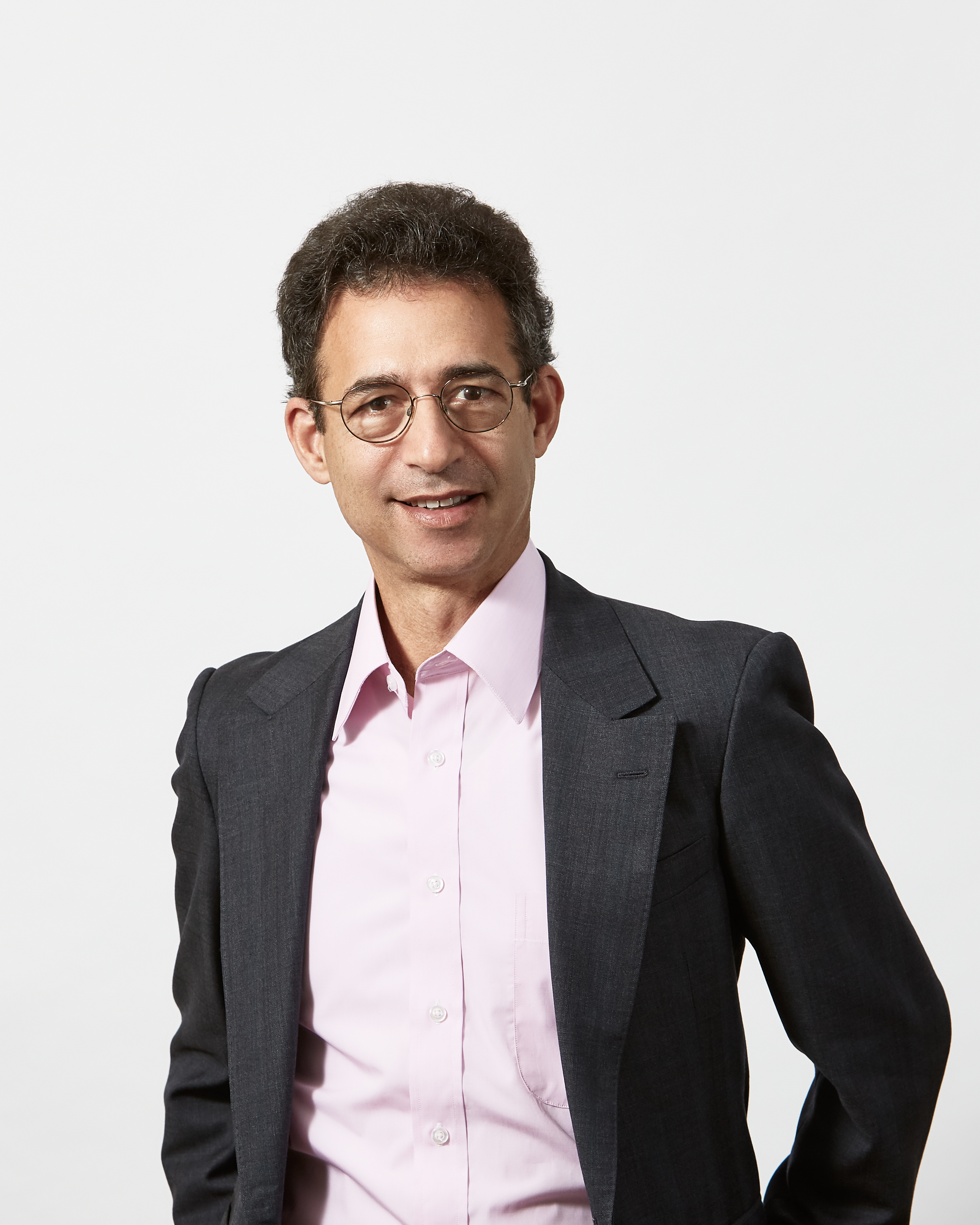A Doctor’s Journey of Caring & Giving Back
 Dr. Rich Parker never planned to become a doctor. Growing up in Millwood, New York, with no physicians in his family and no pre-med courses on his transcript, medicine wasn't even on his radar. That changed during a summer working as a counselor at a Vermont camp.
Dr. Rich Parker never planned to become a doctor. Growing up in Millwood, New York, with no physicians in his family and no pre-med courses on his transcript, medicine wasn't even on his radar. That changed during a summer working as a counselor at a Vermont camp.
"This little light went on in my head that I wanted to be a doctor and I could not make it go away," Dr. Parker recalls. That moment of clarity led him back to Harvard for two years of intensive pre-med coursework before applying to medical school.
In 1981, Dr. Parker became part of something special—the inaugural class of Dartmouth Medical School's innovative combined program with Brown University. From his very first day at Dartmouth, he knew he'd found his home.
"Honestly, from the very first day, it was so wonderful," he remembers. "We had wonderful classmates, wonderful colleagues." That first day, surgeon Dr. Plume shared three pieces of advice that would guide Dr. Parker's entire career: "Don't forget the name of the patient you're speaking with. Always keep learning. And never stop reading."
More than four decades later, Dr. Parker still lives by those words. His career has spanned multiple facets of medicine—from internal medicine practice to hospital leadership as Chief Medical Officer at Beth Israel Deaconess Hospital, to his current work in hospice care, where he finds deep meaning in providing dignity and comfort at life's end.
"We definitely feel that it's a privilege to work in that setting," he says of hospice care, embodying the compassionate approach that Dartmouth Medical School instilled in him from day one.
But perhaps Dr. Parker's most lasting insight from his Dartmouth education wasn't clinical—it was about the art of caring. "What a lot of us feel that we got from Dartmouth Med school was the caring side," he explains. "The professors really modeled that behavior for us."
This foundation of compassion has shaped not only how Dr. Parker practices medicine, but how he views his responsibility to future generations. Understanding that medical education costs have skyrocketed since his time as a student, Dr. Parker has chosen to give back through planned giving, specifically requesting that his gifts support students facing financial hardship.
"I'm grateful to Dartmouth Med School for getting me off on the right path and all the wonderful teachers that I had there," he reflects. "I hope we can mostly direct this toward the students who really need the help... it feels good to think that your gift is going towards students who need the financial assistance."
For Dr. Parker, giving back isn't complicated—it's about gratitude and practical wisdom. "We can't take it with us," he says simply. "I would like to be able to give back to those that gave to me."
Today, as Dr. Parker continues his work in hospice care, he sees the full circle of his journey. The caring approach he learned from his Dartmouth professors on day one—the importance of remembering each patient's name, of listening with compassion, of never stopping learning—now guides him through medicine's most profound moments. In quiet rooms where families gather and say goodbye, the lessons from that first day at Dartmouth Medical School continue to matter.
"It's a long chain that keeps rolling forward," Dr. Parker reflects on mentoring the next generation of physicians. Through his planned gift, he's ensuring that chain remains unbroken—that future students, regardless of their financial circumstances, will have the same opportunity he had to discover their calling and learn not just the science of medicine, but its heart.
The light that went on in his head at that Vermont summer camp decades ago continues to shine, now illuminating the path for others who will carry Dartmouth's tradition of excellence and compassion into the future.